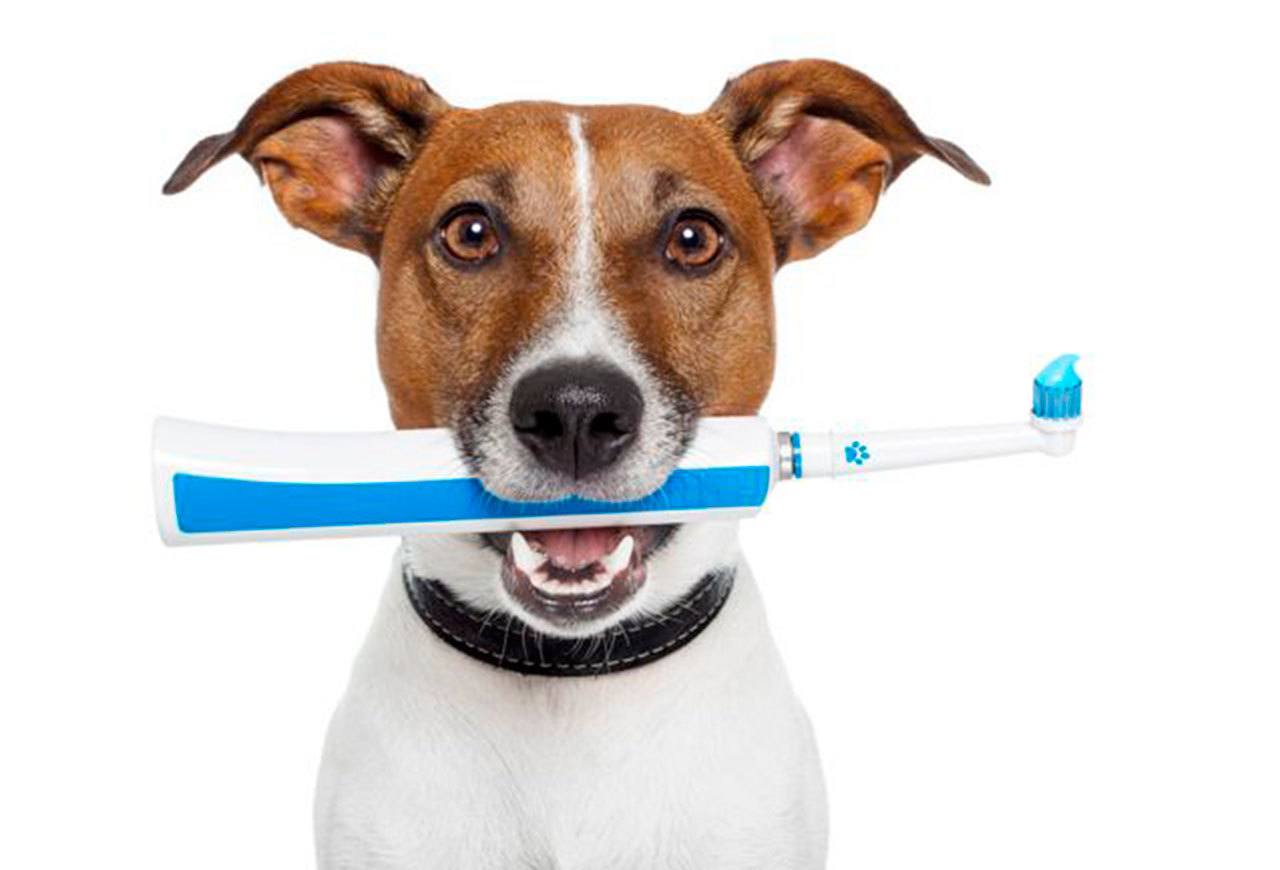Your pet’s idea of advance planning is to wait for the next tasty treat to fall from your fingertips. But we humans know 2017 is almost here and that New Year’s is a traditional time to look to the future.
So BluePearl Veterinary Partners is offering this short list of New Year’s resolutions, all aimed at preparing you and your pets for whatever 2017 tosses at your feet. We think you’ll find some new and helpful ideas here.
“Be proactive to help your pets stay well,” said Dr. Sonja Olson, senior clinician in emergency veterinary medicine for BluePearl. “Watching their health right now means more quality time and fun in the future.”
1. Resolve to get your pet’s teeth cleaned. In fact, this is something you should do for your dog or cat once a year, starting with your primary care veterinarian. Learn more about pets’ dental health in this article, which also explains the need to brush your dogs’ and cats’ teeth.
2. Prepare your cellphone for pet emergencies:
• Enter your veterinarian’s name and number into your cell phone contacts.
• Add the name and number of the nearest emergency veterinarian. Most BluePearl hospitals are open 24 hours a day, including holidays.
• Take cellphone photos of your pets’ medications. These will come in handy if you’re ever in the veterinary ER and the vet asks “what medications is she taking?”
3. If your pets are among the 58 percent of cats and 52 percent of dogs who are overweight or obese, resolve to help them lose weight. In addition to a decreased life expectancy, animals who are overweight are also at risk for cranial cruciate ligament injury, heart and respiratory disease, insulin resistance and type 2 diabetes.
4. Look into pet insurance. Yes, it costs some money each month. But in the long run it can save you money – not to mention saving your pet.
5. Schedule veterinary evaluations twice a year for your senior pet. As dogs and cats get older, Olson says, they move more slowly because of arthritis and other painful conditions that may not be obvious. Be on the lookout for any changes in behavior, such as a loss of appetite, and don’t hesitate to call your primary care veterinarian when needed.


